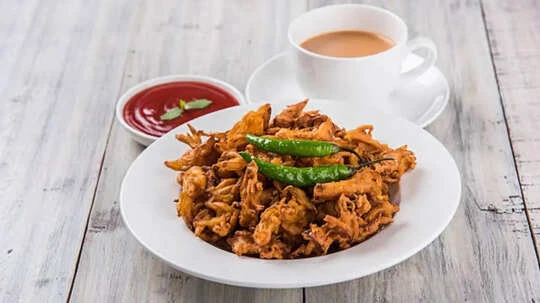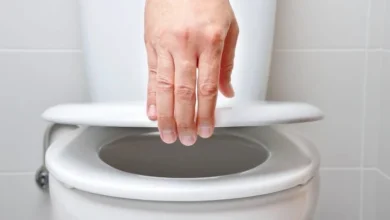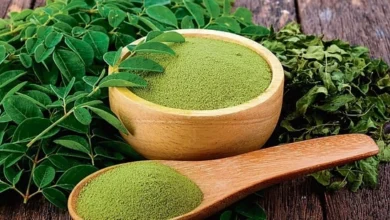Tea, Pakoras, and Tap Water Are ‘Cancer Traps,’ says Specialist; Here’s How

Who doesn’t love rain and monsoon? While it gives you a reason to feel happy and fresh, rain also brings along with it chances of chronic illnesses and infections, which include deadly cancer.
According to renowned oncologist Dr Tarang Krishna, the monsoon can become a cancer trap if you do not keep in mind a few safety measures. “This monsoon, your pakora, your tea, even your tap water could be cancer traps,” Dr Krishna wrote on Instagram. “We love the rains. But do we really know what comes with them?” he added.
How is monsoon water a cancer trap?
While water is not inherently a cancer trap, the conditions it creates, which include stagnant water, increased humidity, and contaminated water sources, all foster the spread of infections and diseases.
For those who already have cancer, their immune systems are often weakened by treatment, which spikes the risk of waterborne and other illnesses significantly. It also increases their susceptibility to severe health complications. According to Dr Krishna, the trap increases environmental danger to vulnerable individuals.
“Floods mix sewage, pesticides, plastic waste, and heavy metals. Studies show floodwater in Indian cities contains arsenic, lead, and cadmium – all carcinogens,” he wrote.
Eating fish adds toxins to your body
“Monsoon floods wash away industrial pollutants and sewage into rivers. Fish caught in these waters accumulate mercury and PCBs (both linked to cancer). A study in Mumbai markets found over 30 per cent of monsoon fish samples exceeded safe heavy metal limits. That ‘fresh monsoon catches’ curry can secretly carry cancer-causing toxins,” he added.
Rains also lead to water contamination and increased microbial activity, which impacts aquatic ecosystems. As a result, fish get exposed to harmful bacteria, parasites, and toxins in their natural habitats. Consuming contaminated fish leads to foodborne illnesses like gastroenteritis, typhoid, cholera, and hepatitis A.
Moreover, the high humidity during monsoons accelerates the spoilage of fish, making it unsafe for consumption even if it appears fresh.
Dampness causes mould
According to Dr Krishna, heavy rains and damp walls breed moulds like Aspergillus flavus, which releases aflatoxins that are potent carcinogens. “The World Health Organisation states that 25-28 percent of liver cancer cases in Asia are linked to aflatoxin exposure; even office ACs and damp homes can spread spores you breathe in,” he said.
According to the CDC, there have been rare reports that molds can cause serious health conditions like memory loss or pulmonary hemorrhage as well.
How to keep yourself safe?
According to Dr Krishna, apart from mosquito nets and raincoats, the best ways to keep yourself safe during the monsoon include:
Boil and filter water
Avoid untreated or borewell and handpump water.
Check the fish origin
Make sure to stick to trusted sellers when you buy fish, especially during the monsoon.









